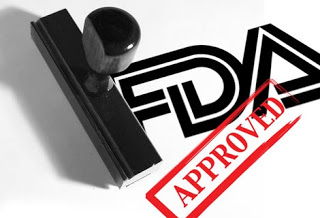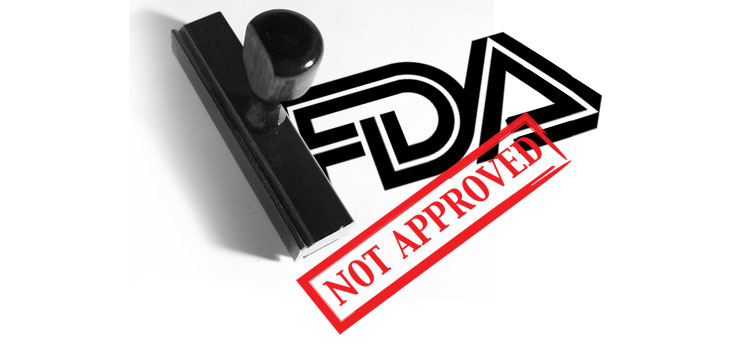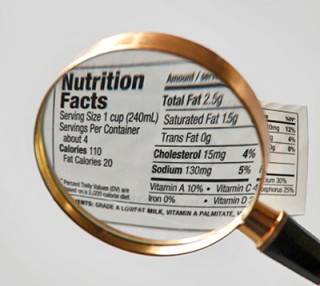What’s in a name? The meaning of words change over time, and though the acceptance of said change can be something that takes a while, it does happen. It’s often the case that slang claims it, champions it for a while, let’s it drop, and then the old usage comes back into vogue or occasionally becomes necessary again. Sometimes the change is brought about by something a little more driven; sometimes policy or political motivation will take a word and hollow it out and stuff it with some meaning that it doesn’t in any way need.
 You think you know what healthy means. You think you know what organic means. Those organic products you are eating? They are allowed a percentage of non-organic content in them. It isn’t necessarily what most people would think when they are thinking of organic – that a percentage of impurities are allowed in their food. The word “healthy” also seems to exist on a similar platform of shifting sand. Money makes terms elastic it seems.
You think you know what healthy means. You think you know what organic means. Those organic products you are eating? They are allowed a percentage of non-organic content in them. It isn’t necessarily what most people would think when they are thinking of organic – that a percentage of impurities are allowed in their food. The word “healthy” also seems to exist on a similar platform of shifting sand. Money makes terms elastic it seems.
The FDA and it’s legalese, because it concerns things such as food and drugs, and their effect on a person, can oftentimes seem more than a little counter-intuitive. If you eat something or take something you can judge the benefits and the side-effects pretty well, and they often don’t totally tally with the FDA’s viewpoint. There are stories where walnuts were considered to be drugs, and while at the more ludicrous end of the spectrum, all you need to do is ask anyone selling a whole food or other product, or some kind of service designed to improve someone’s health, about the hoops they jump through, and you’ll see it isn’t an isolated insanity.
 Regulation and the scent of possible litigation seem to go hand in hand, but there is also often the feeling that big pharma just throws money at the FDA, and their language around a product or type of product becomes more elastic. It isn’t hard to find evidence that people in the FDA have worked for Monsanto and other groups that maybe don’t have people’s best health in mind when they create products, so how do they fare when it comes to okaying products that maybe aren’t so healthy? Dig around – it is not the kind of reading that is going to engender much trust in the FDA.
Regulation and the scent of possible litigation seem to go hand in hand, but there is also often the feeling that big pharma just throws money at the FDA, and their language around a product or type of product becomes more elastic. It isn’t hard to find evidence that people in the FDA have worked for Monsanto and other groups that maybe don’t have people’s best health in mind when they create products, so how do they fare when it comes to okaying products that maybe aren’t so healthy? Dig around – it is not the kind of reading that is going to engender much trust in the FDA.
So, should these be the people who get to sit down and decide what makes something healthy – what healthy is? Should a group that is constantly upbraided for fast-tracking drugs because of a cash injection be writing a criteria that is going to affect everyone’s health?
The Mysteries Of The FDA And Their Definitions Doesn’t Build Trust
Isn’t it obvious what healthy is and what healthy does? Does it make you feel healthy? Does it improve your health? Are any of the claims from a company demonstrable? Does the company perhaps have a good reputation and trustworthy history? Monsanto, please sit down.
When people start to change the language for the sake of some means of controlling a sector of the country’s interests, we are starting to get into dangerous territory. If anyone says they are just words, then they aren’t looking to the lessons of history. It may seem like a small thing, but if a definition moves far away from the original meaning of the word, and it continues as policy and agenda change, how can you ever have a meaningful conversation about anything? You may be using the word “healthy” to mean something totally different to the person sat across from you.
When the definition of healthy is in question, the conversation about our health is being affected, and like dominoes falling, pretty soon our health will be affected too. Who is going to trust a label? Who is going to know what they are eating? Honesty is an essential cornerstone of any marketing or advertising strategy, and if the FDA and others play games with the language then none of it can be trusted. How are you going to know what you are eating? Might it not be easier to just start growing and making your food yourself?

